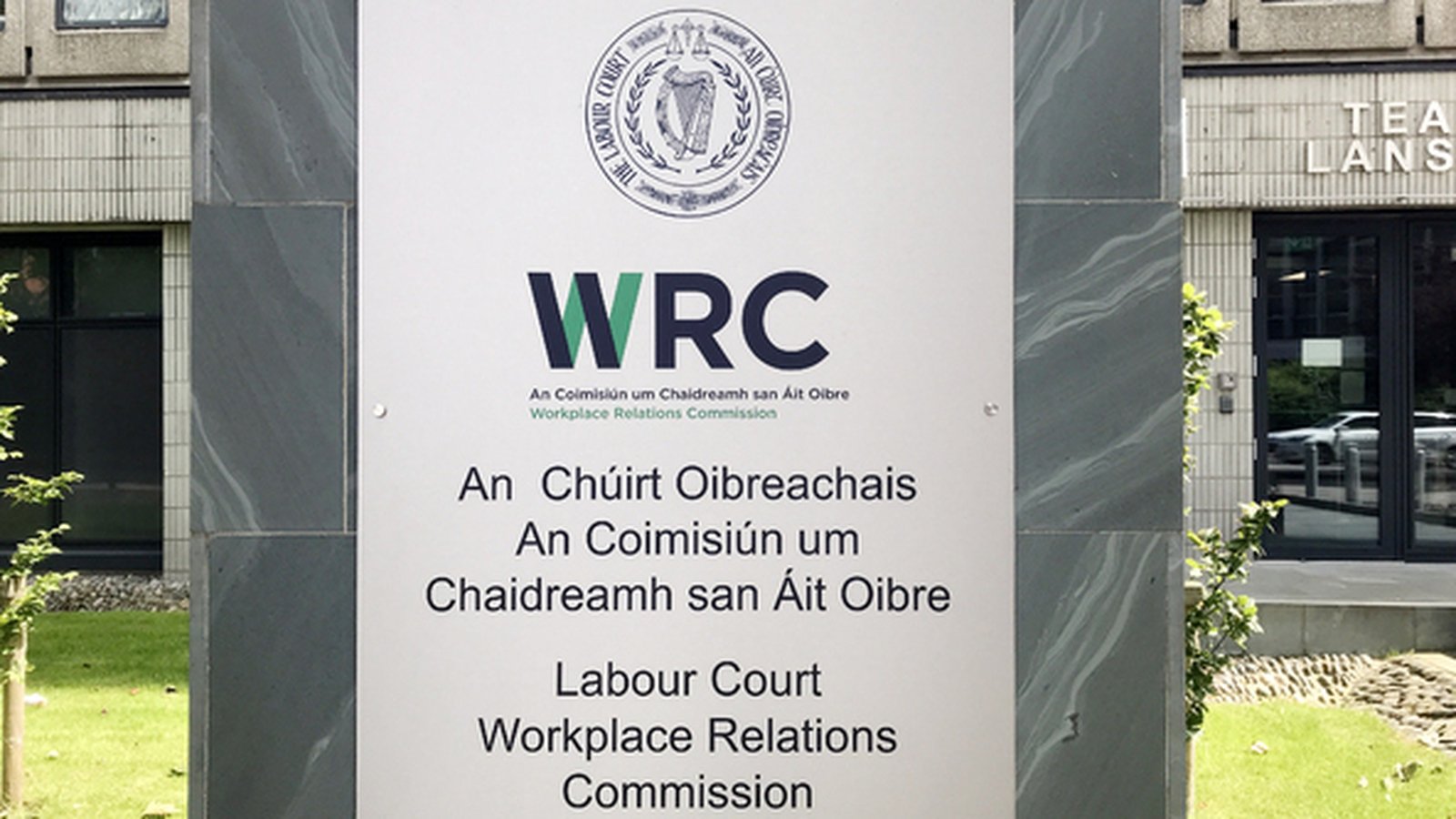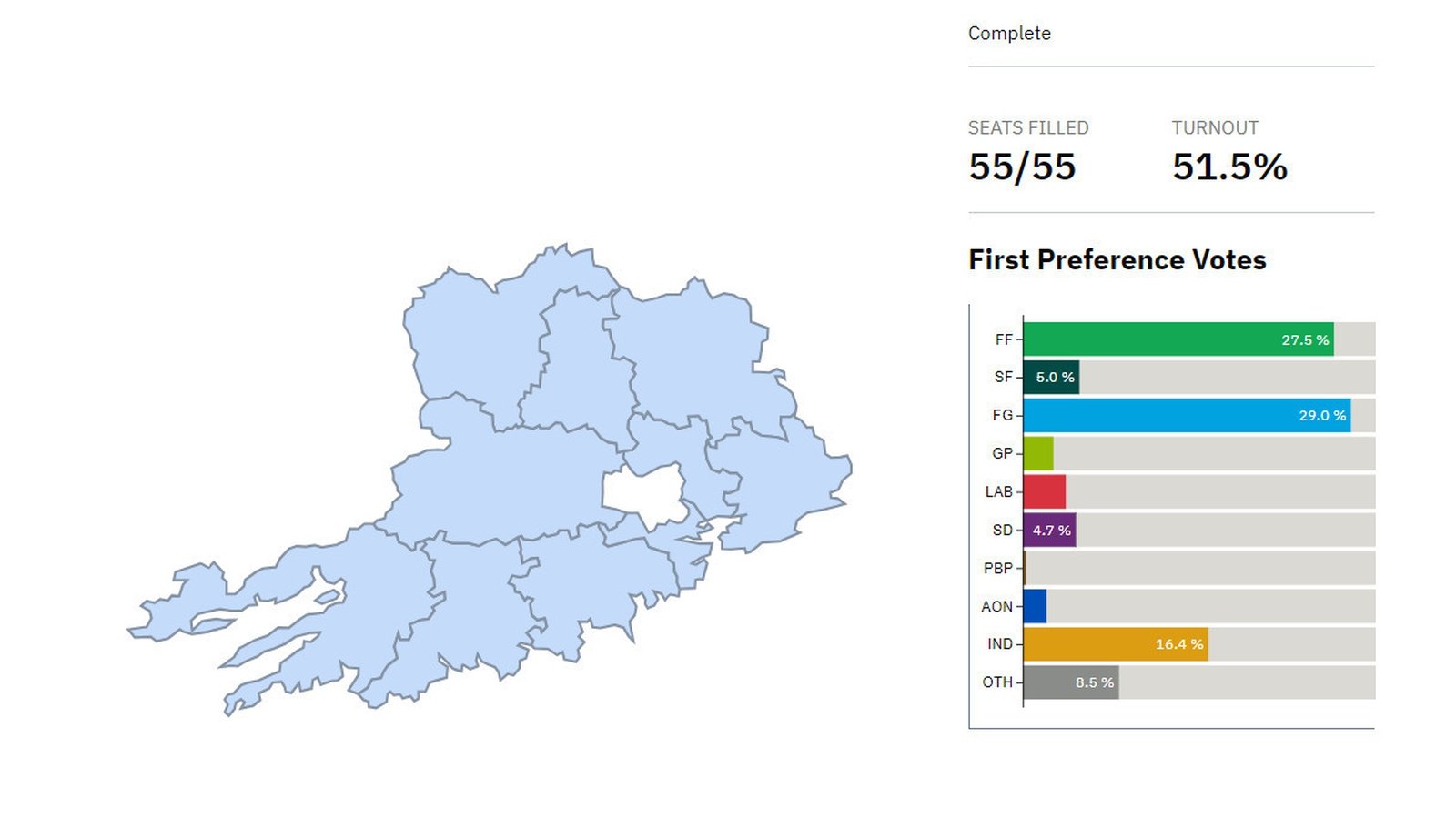Migrant worker awarded €143,000 for ‘labour law breaches’

A migrant worker who suffered alleged sexual harassment at a north Dublin restaurant has secured over €143,000 for gender discrimination and multiple labour law breaches at the Workplace Relations Commission.
Sharanjeet Kaur, a chef and mother-of-two from India, said she left a job in Malaysia and came to Ireland to work for Bombay Bhappa Ltd, trading as Bombay House in Skerries, Co Dublin, in 2020 on the promise of a “significant” salary and a “life-changing experience for her and her children”.
Instead, she found herself under the “constant threat of blackmail and deportation” – being paid as little as €200 for a 50-hour working week, as the company’s director brought her to an ATM and forced her to take out large sums of cash and hand it back to him after she received her pay, she said.
The €143,268 awarded to Ms Kaur on foot of her statutory complaints is the second-largest award made by the tribunal to a single complainant so far this year. The Migrant Rights Centre of Ireland, which represented Ms Kaur in the proceedings, said it was the largest award made to one of its clients in a decade.
Sylwia Nowakowska, the MRCI representative who appeared for Ms Kaur, submitted that Ms Kaur was told by company director Bhappa Singh that an employment permit would cost €17,000 – and that her father in India had taken out a loan and paid cash to Mr Singh to pay for it.
Ms Kaur lived with seven other employees, sharing a bedroom with the only other woman in the house.
She claimed she experienced near-daily sexual harassment from some colleagues.
Ms Kaur said she was initially paid €200 a week into her bank account between September 2021 and April 2022. From May 2022 onward, she said, Mr Singh began paying her about €500 a week – but that after she got her wages, she alleged he would bring her to an ATM, have her withdraw €290 in cash and take it from her.
The net result was that she ended up earning just €4.46 an hour for 50 hours’ work a week, she said.
She told the tribunal she believed the reason she was sacked in November 2022 was because she refused to take out the cash for him.

Ms Kaur said one of her weekly duties was to chop 160 kilograms of onions in the space of a single day. On one occasion, she said she had to carry a 20kg container of raw chicken a quarter of a kilometre to another restaurant owned by her employer because an oven was broken.
Her “lunch break” lasted five minutes a day and was taken sitting on a bucket in the kitchen, she added.
The tribunal heard Ms Kaur remained at the company’s house for 15 days after her dismissal until she was brought away by gardaí. A garda detective who gave evidence to the tribunal said Ms Kaur had been left “very traumatised and damaged” after her employment with the firm.
Company director Bhappa Singh and his representative abandoned a hearing of the complaints at the WRC on 30 January this year, protesting the presence of two gardaí from the National Protective Services Bureau who said they were there to protect Ms Kaur on foot of a complaint of witness intimidation following an earlier hearing.
Don Garry, appearing for the company, said the officers were there to “intimidate and embarrass” his client and were exerting an “undue influence”. He and Mr Singh then left the hearing, the tribunal noted.
Adjudicator Elizabeth Spelman wrote that the ordeal described by the worker while “living under the constant threat of blackmail and deportation” was cause enough for her to extend her jurisdiction to its maximum and admit the complaints going back a full year.
Ms Spelman said Ms Kaur’s uncontested evidence was “a distressing catalogue of discrimination, harassment and sexual harassment which she suffered on [an] almost daily basis for the entirety of her employment”.
Upholding Ms Kaur’s complaint of discrimination on gender grounds, she ruled that the company was in breach of the Employment Equality Act 1998 and awarded the worker the maximum compensation of two years’ pay – €60,000.
She awarded a further year’s pay, €30,000, under the Unfair Dismissals Act 1977.
Finding the employer had denied the worker Sunday premium pay, shift breaks, annual leave and paid holiday entitlements worth €2,905, Ms Spelman made an order for the payment of that sum as well as compensation totalling €35,000 for rights breaches.
Ms Spelman also awarded Ms Kaur €7,450 for unlawful pay deductions in breach of the Payment of Wages Act 1991; €575 for the failure to provide a contract in writing; and €7,248 for a shortfall in wages under the National Minimum Wage Act.
The total orders against Bombay Bhappa Ltd in the case amounted to €143,268.
Work permit requirements to stay with employer leads to exploitation – MRCI
The Migrants Rights Centre of Ireland said more than 100,000 work permits were issued over the last three years.
The permits require migrants to remain with their employer for at least two years, or at least five years, depending on which of the two types of permit they have – high-skilled or general.
Speaking on RTÉ’s News at One programme, MRCI campaigns co-ordinator Neil Bruton said the requirements to have to stay with a certain employer leads to exploitation of workers.
Mr Bruton said Ms Kaur’s case “clearly shows that everyone needs to have the ability to stand up for themselves in their job, to be able to leave a job when they’re being badly treated or grossly exploited like Sharanjeet was”.





